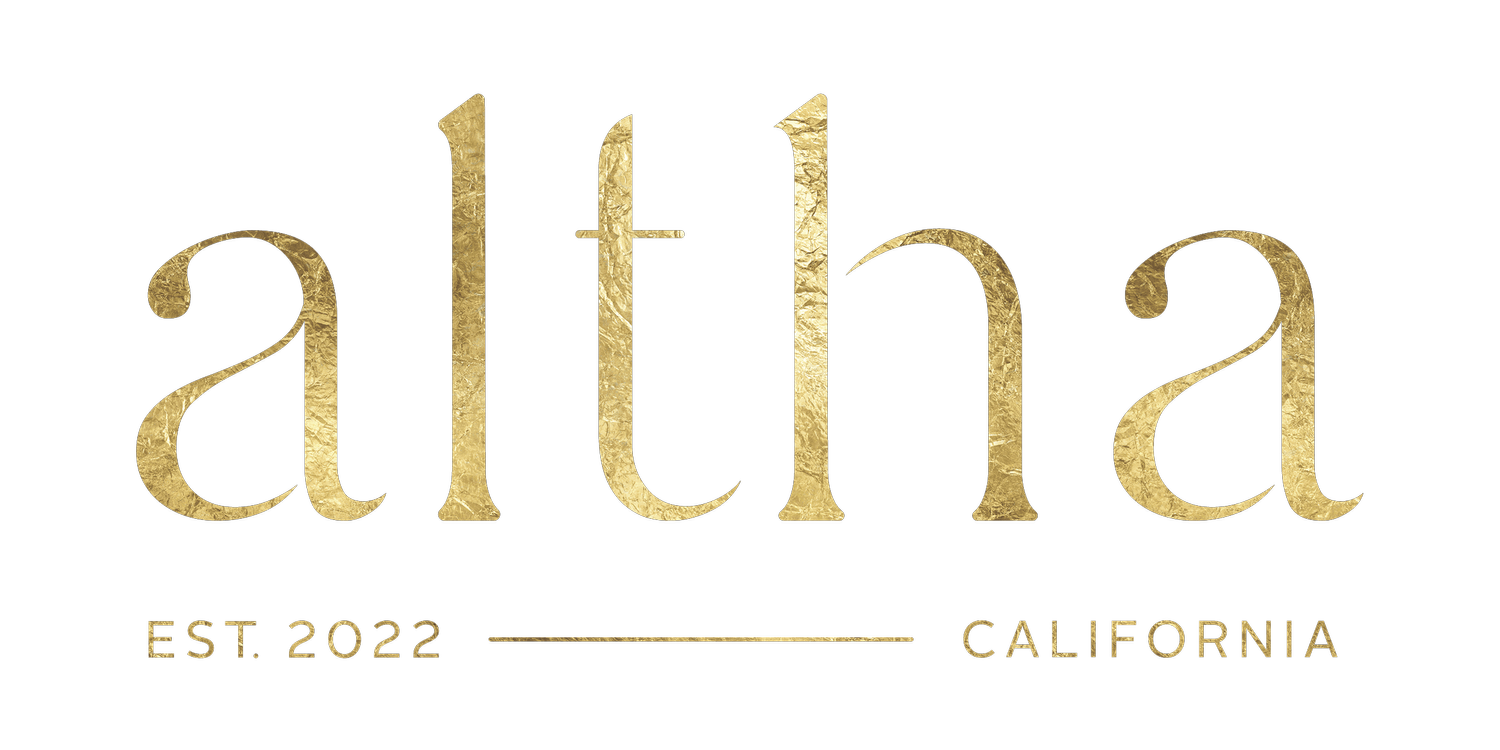Understanding the Science Behind Self-Hypnosis and Stress Reduction
In the pursuit of holistic well-being, exploring alternative modalities that empower individuals to take control of their mental and emotional states is essential. At Altha, our commitment to promoting wellness through holistic experiences has led us to delve into the realm of self-hypnosis. With Letizia, our lead healer, recently became a Board Certified Clinical Hypnotherapist, we're excited to unveil the science behind self-hypnosis and its profound impact on stress reduction. Continue reading to explore the principles of self-hypnosis, how it works, its benefits for stress reduction, and the scientific research supporting its effectiveness.
What is Self-Hypnosis?
Self-hypnosis is a therapeutic technique that enables individuals to trigger a state of focused attention and heightened suggestibility within themselves. Similar to guided meditation, self-hypnosis involves entering a trance-like state where the conscious mind becomes more relaxed and receptive to suggestions. During self-hypnosis, individuals use various methods such as visualization, relaxation techniques, and positive affirmations to access their subconscious mind and promote positive changes.
How Does Self-Hypnosis Work?
Self-hypnosis works by bypassing the conscious mind and accessing the subconscious, where deeply ingrained beliefs, habits, and emotions live. By inducing a state of deep relaxation and increased focus, individuals can quiet the incessant chatter of the conscious mind and open themselves to new suggestions and imagery.
During this trance-like state, the subconscious mind becomes more receptive to new ideas and perspectives, allowing individuals to reframe negative thought patterns, release limiting beliefs, and foster a sense of inner calmness and emotional resilience. Through regular practice, self-hypnosis can facilitate significant and lasting changes in behavior, mindset, and overall emotional well-being.
Why Practice Self-Hypnosis for Stress Reduction?
In the incredibly fast-paced world we live in today, stress has become a pervasive and normalized force that undermines our health, happiness, and quality of life. While there are many techniques for managing stress, self-hypnosis offers a unique and effective approach for promoting relaxation, reducing anxiousness, and restoring emotional balance.
By inducing a state of intense relaxation and accessing the subconscious mind, self-hypnosis allows individuals to release tension, quiet the mind, and create a sense of tranquility within themselves.
Additionally, self-hypnosis helps individuals develop coping strategies, build inner strength, and respond to stressors in a calm and centered manner. With regular practice, self-hypnosis can become an extremely valuable tool for managing stress and improving overall well-being.
What Scientific Research Supports Self-Hypnosis for Stress Relief?
A growing amount of scientific research supports the efficacy of self-hypnosis for stress relief and relaxation. Studies have shown that self-hypnosis can significantly reduce feelings of stress, anxiousness, and tension, as well as physiological markers of stress such as heart rate, blood pressure, and cortisol levels.
In addition, self-hypnosis has been found to improve sleep quality, enhance coping skills, and promote emotional well-being in individuals experiencing stress-related disorders such as anxiousness, depression, and chronic pain.
Research also suggests that self-hypnosis can complement traditional stress management techniques and enhance their effectiveness.
Overall, the scientific evidence underscores the potential of self-hypnosis as a valuable tool for promoting relaxation, reducing stress levels, and improving one’s overall quality of life.
Discover the Power of Self-Hypnosis for Stress Reduction
Self-hypnosis offers a scientifically supported approach to stress reduction that enables individuals to tap into their inner resources for healing and well-being. Whether you're seeking relief from stress, anxiousness, or simply looking to enhance your overall well-being, self-hypnotherapy holds the promise of profound transformation and empowerment.
When therapeutic hypnosis is combined with sound healing it can be even more effective as it further targets the subconscious mind. Altha’s Board Certified Clinical Hypnotherapist, Letizia, can facilitate hypnotherapy-infused sound healing sessions for a variety of goals. Connect with us to learn more.
Frequently Asked Questions
-
A. The rhythmic vibrations of sound healing drums have the transformative ability to enhance your overall well-being, fostering inner harmony and balance through their soothing resonance.
-
A. Private sound healing sessions tend to be more effective than group sessions due to the personalized attention and tailored approach to address individual needs and concerns.















